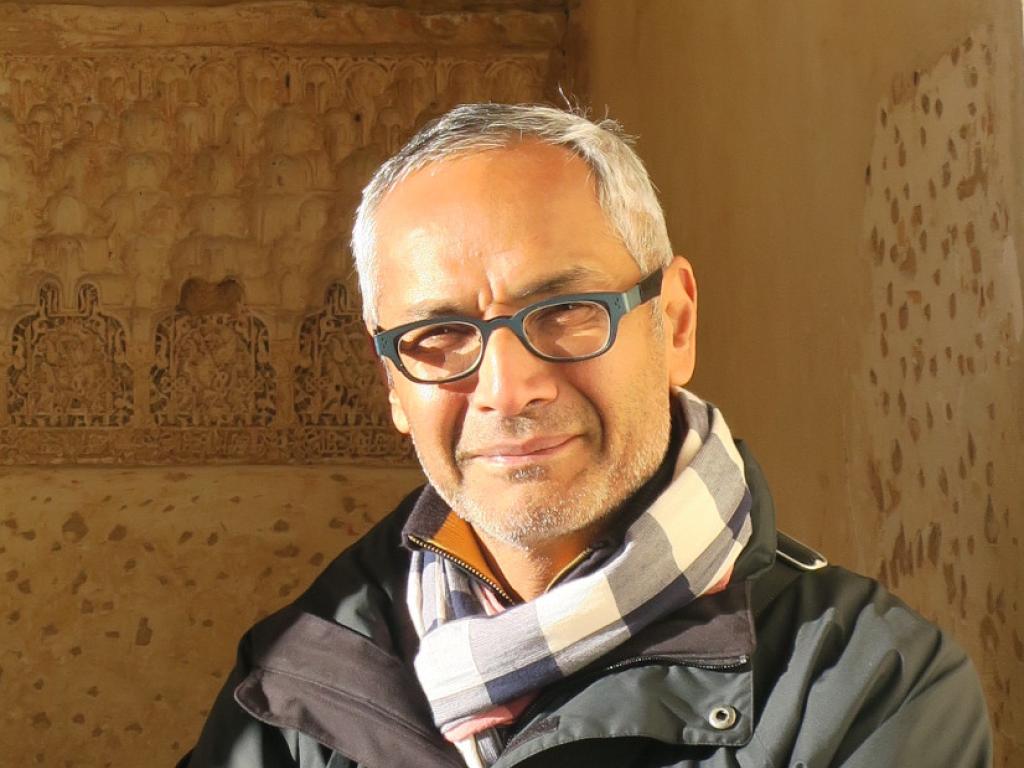Shamil Jeppie, Fellow at the Wissenschaftskolleg zu Berlin (2020/21)

Fellowship at the Wissenschaftskolleg
Unexpected encounters inspire new ideas – for almost four decades, the Wissenschaftskolleg has provided a framework in Grunewald district for this purpose. It is a site where, each year, about 45 Fellows from all over the world live and work together, some of them are joined by their families. Most of the Fellows work in the humanities, or the social or natural sciences; but here they also meet with people further removed from academic contexts: composers, authors, journalists, film or theater directors, or diplomats. All of them are free to pursue a project of their own choice for up to ten months. They are not subject to a common program, because intellectual and artistic creativity is not compatible with top-down direction. Nor are they subject here to retroactive evaluation, because the invitation is always based on careful assessment beforehand. In short: the Wissenschaftskolleg offers a maximum of intellectual freedom, and the Fellows return the favor by making the very best of it for themselves.
PROJECT
Timbuktu as Archive: Writing, Copying, Collecting
This project focuses on the formation of an "archival culture" in the West African town of Timbuktu. The whole of Timbuktu has become a veritable archive. However, this is not only an effect of the media and research communities entering the space of the famous town. There are tangible archival traces that have come and gone into and out of the town and that require explanation. But the focus of my research has been on how collecting, copying, and authorship unfolded, connected, and produced collections or libraries. Is it possible to work out the physical and other routes that individual items, just as much as individuals, travelled into the collections of the town? Originals or copies, or copies as a form of preservation of an original, and from where? All locally produced? In other words, my concern is to look into the making of an archive. In this respect, the most important figure in the 20th-century history of the archive in Timbuktu is a man named Ahmad Bul'araf, who arrived in the town between 1904 and 1907. I found a pattern among items in the main state-sponsored library in Timbuktu. There, one would invariably find an item that originally belonged to Bul'araf's collection. But encountering so many items that once belonged to him forced me to ask questions about him, so I have been engaged in researching his background in Morocco and his literary life in Timbuktu, to write the biography of an archive by writing about his singular activity.
https://www.wiko-berlin.de/en/fellows/academic-year/2020/jeppie-shamil